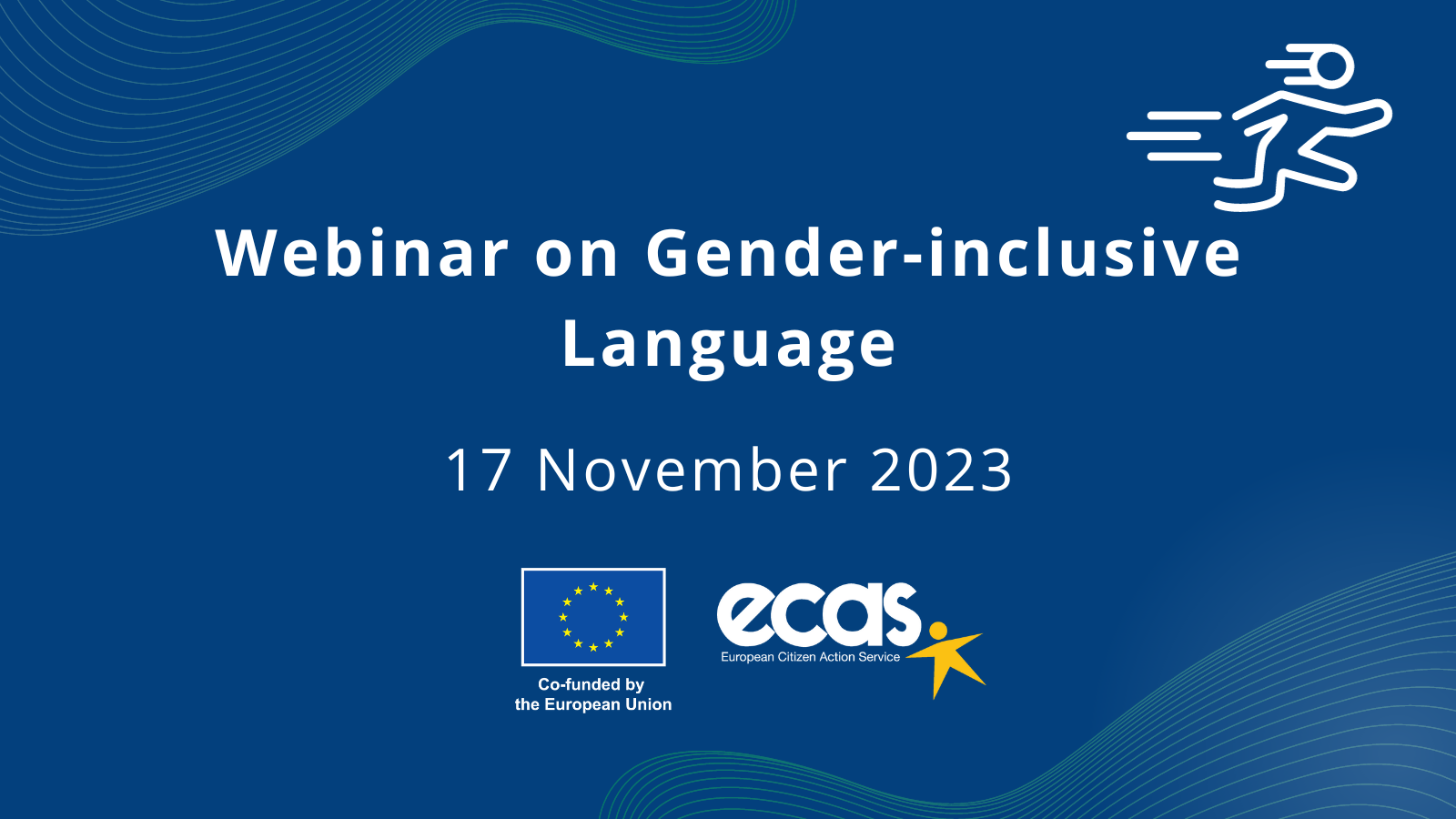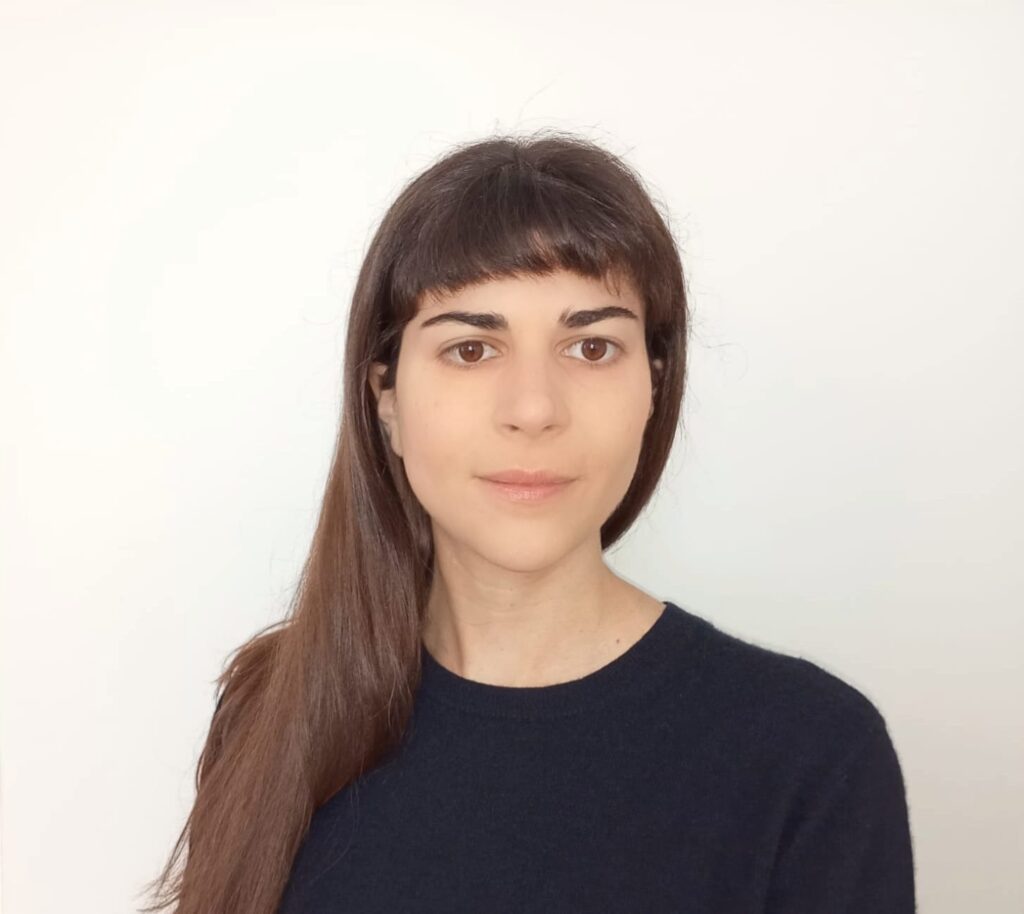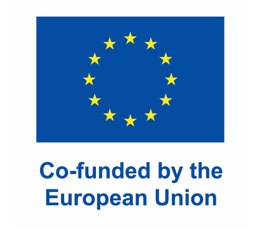
Country: All EU Member States
Target Group: Civil Society Organisations, civic movements and anyone with an interest in the subject who would like to learn more about gender-inclusive language
Date and time: 17 November 2023, 12:30 – 13:30 CET
Language: English
Subject: Diversity, Equity, Inclusion and Accessibility (DEIA)
Format: Webinar (Webex)
What is it for me – Learning Objectives:
One of the pillars of the Treaties (TEU, Article 2) and the Charter of Fundamental Rights of the European Union (Article 21) is the principle of gender equality and non-discrimination on gender grounds. The use of gender-neutral language, or gender-inclusive language, is one of the ways of implementing this commitment.
However, even when we don’t hold discriminatory or hurtful assumptions, we may sometimes imply cultural stereotypes in our expressions, and this contributes to strengthening those stereotypes. The word choices we employ may be biased or discriminatory, in that they imply that one gender and/or the binary gender structure is the norm, which obliterates any other gender identity and life experience.
This free-of-charge one-hour interactive webinar aims to provide insights on how to be gender inclusive in our text and speech and how to avoid language expressions based on stereotypical and discriminatory cultural attitudes. The webinar will also raise awareness of diversity, promote social change, and advance equality.
Participants will be encouraged to participate in the discussion, which will allow them to verify their knowledge in an interactive manner.
Note: the webinar will focus on gender-inclusive language applied to the English language, especially in the written form.
Meet our expert – Silvia Demofonti – ECAS Accessibility and Equity Manager

Silvia Demofonti (she/her) holds a BA in Foreign Languages and Cultures (Università degli Studi Roma Tre) and a MA in Cultural Anthropology (Universidade Nova de Lisboa). She is a project manager with experience in complex project coordination, development and communications in an international context.
Silvia has coordinated national and international cooperation projects advocating for gender equality and LGBTIQ rights and visibility, and for arts and culture in and from rural/non-urban areas.

This activity is part of the EURECA project, co-funded by the European Union